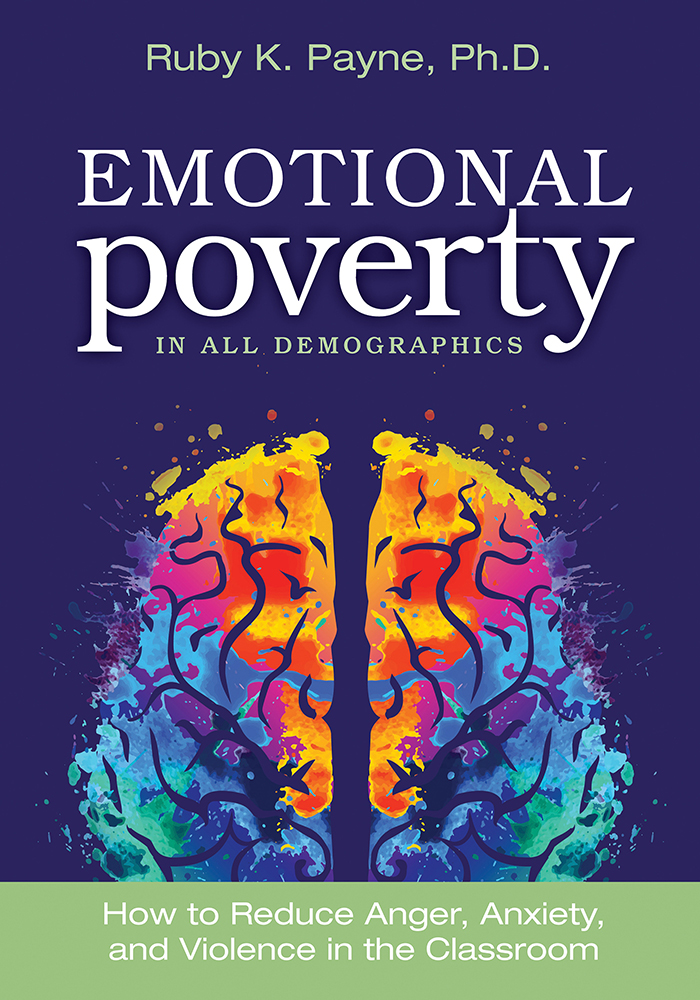 Emotional poverty exists in all demographics and contributes to anger, anxiety, and violence in schools. Among teachers, 93% report that they are worried about student mental health, and 85% say they felt they needed further mental health training. Mental health training isn’t usually covered in teacher training programs.
Emotional poverty exists in all demographics and contributes to anger, anxiety, and violence in schools. Among teachers, 93% report that they are worried about student mental health, and 85% say they felt they needed further mental health training. Mental health training isn’t usually covered in teacher training programs.
It turns out helping others is also a great way to help oneself. Teachers who participate in mental health training report increases in the quality of their own mental health as well. Unfortunately, teachers’ professional development on mental health is often inadequate, occurs in a shortened timeframe, and varies from district to district.
Recommendations from this Child Trends article are:
- Preservice training programs should include mental health training.
- As they incorporate mental health training, schools should increase teachers’ capacity.
- Schools implementing teacher-delivered mental health interventions should consider interactive structures like teacher coaching.
aha! Process is proud to offer both training and coaching. Our Emotional Poverty workshop covers bonding and attachment, child and adult development, and a look at how teachers’ own emotional well-being can affect the classroom. This increased awareness builds teachers’ capacity to understand all students and maintain a productive learning environment.
View all upcoming events, including Emotional Poverty both online and live, in-person in a city near you.
Interested in coaching?









